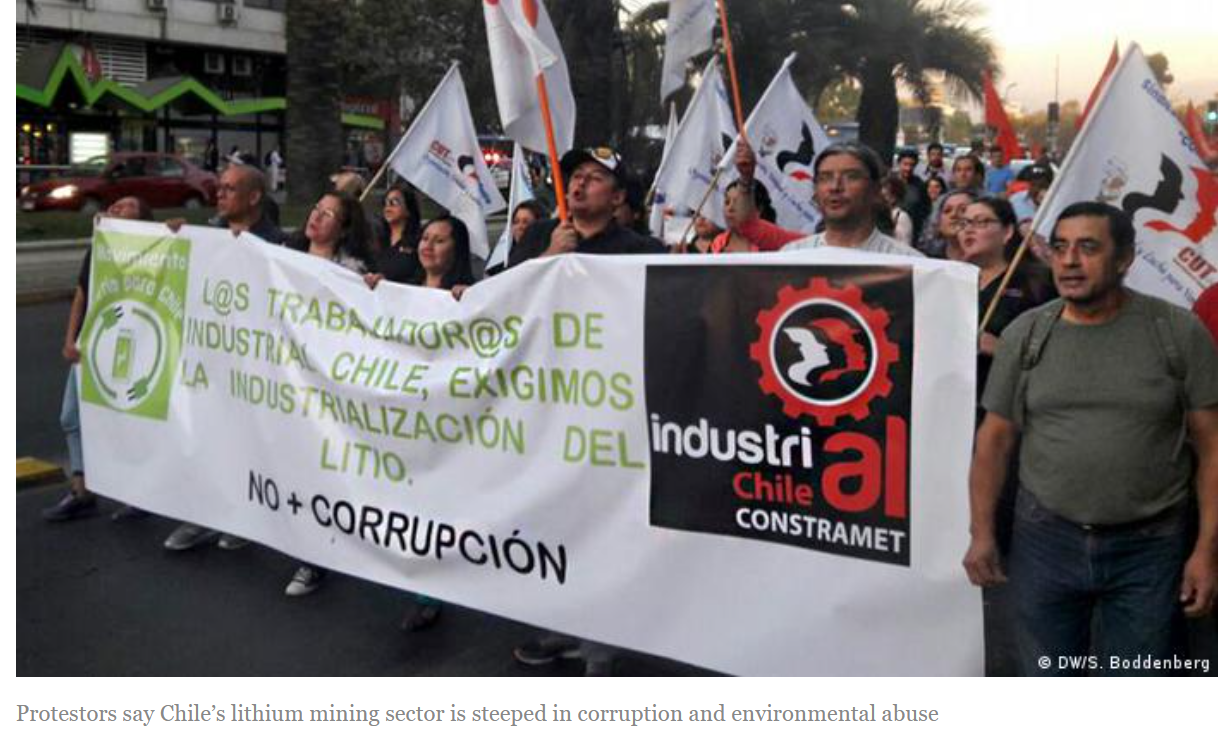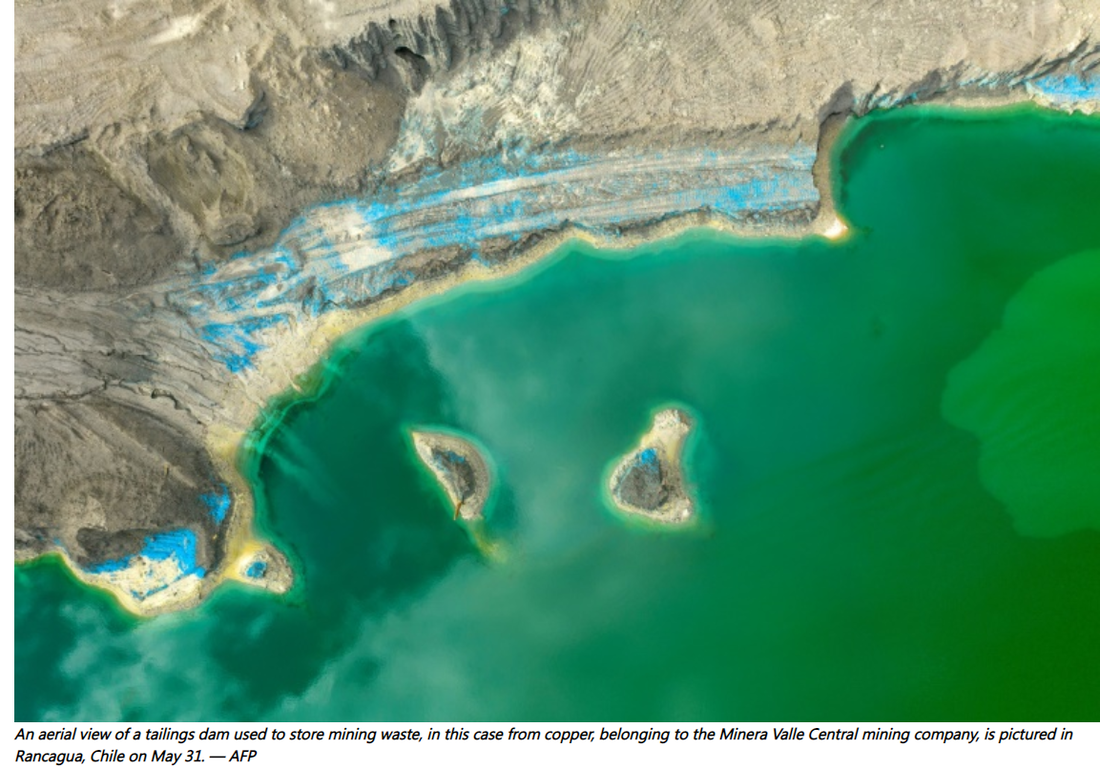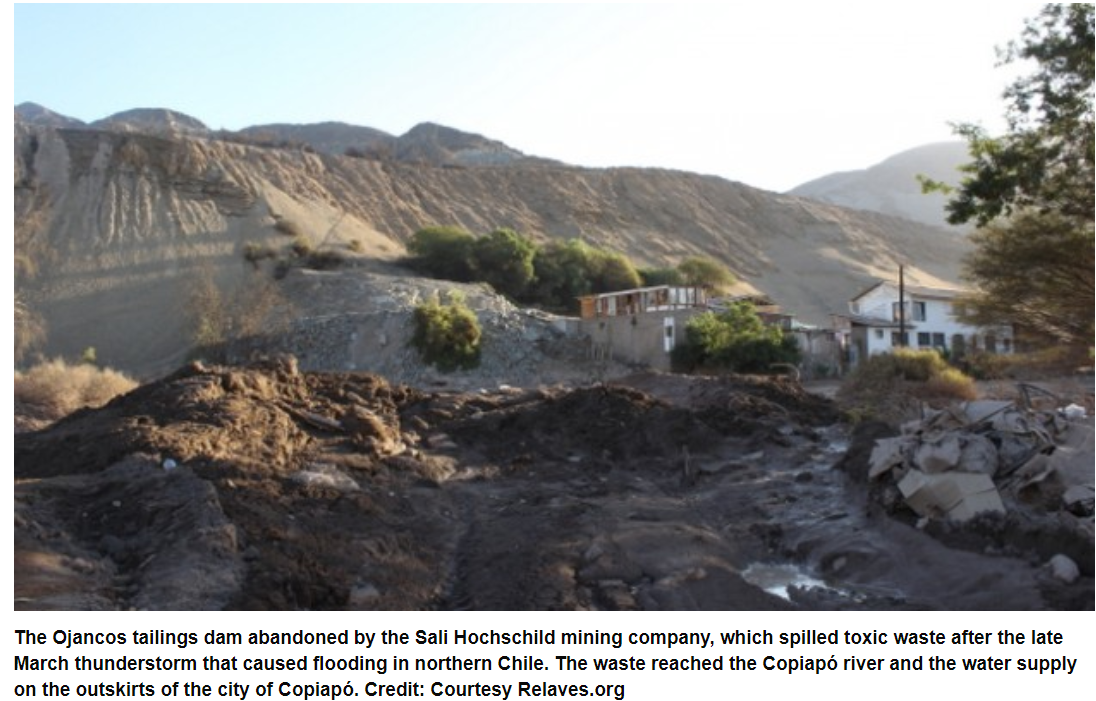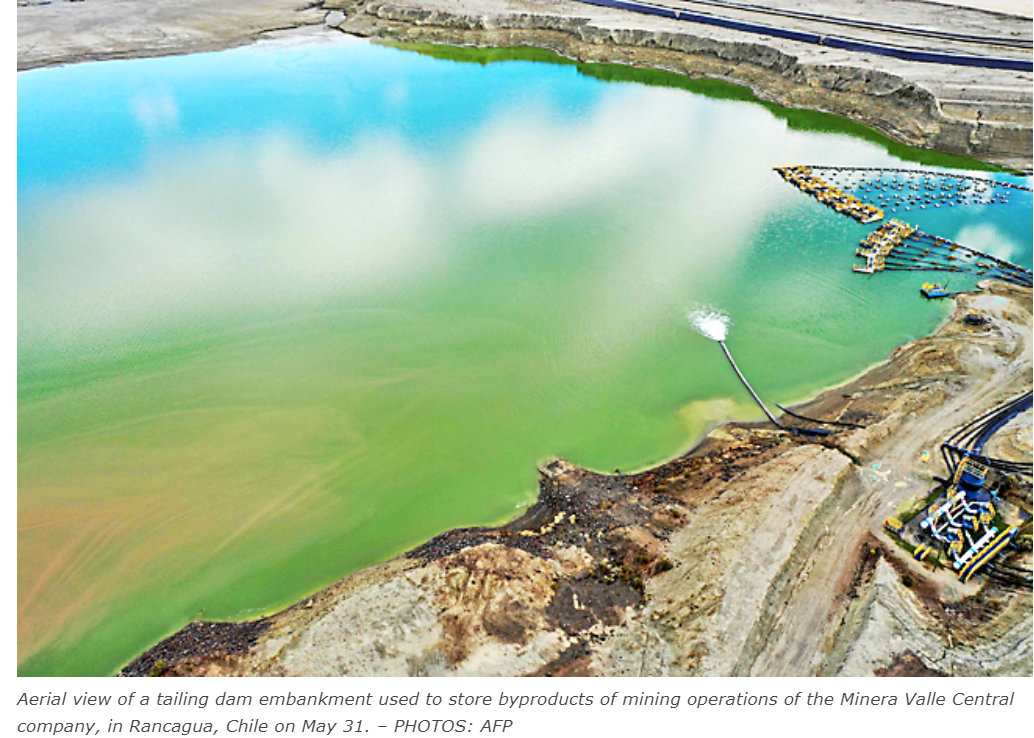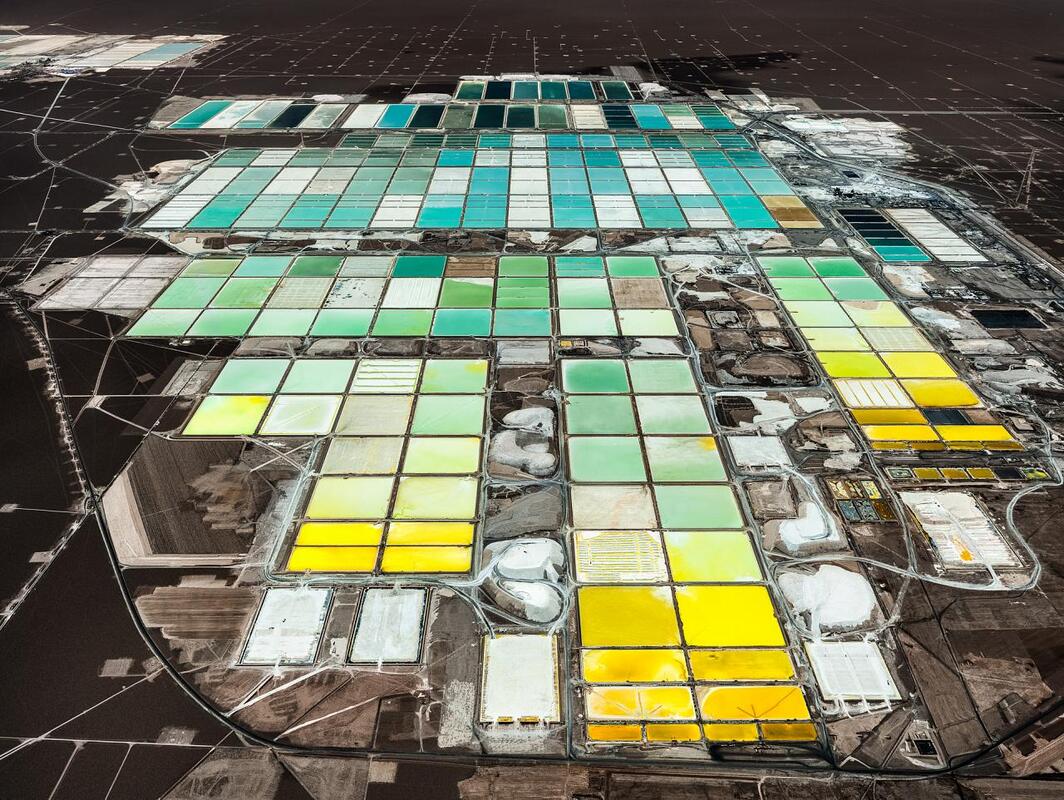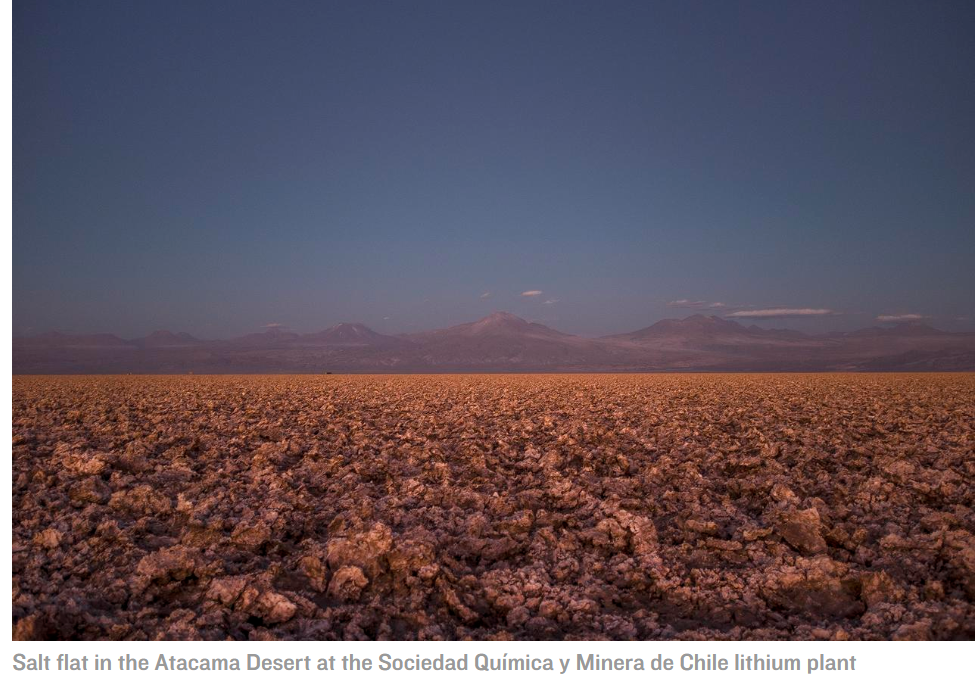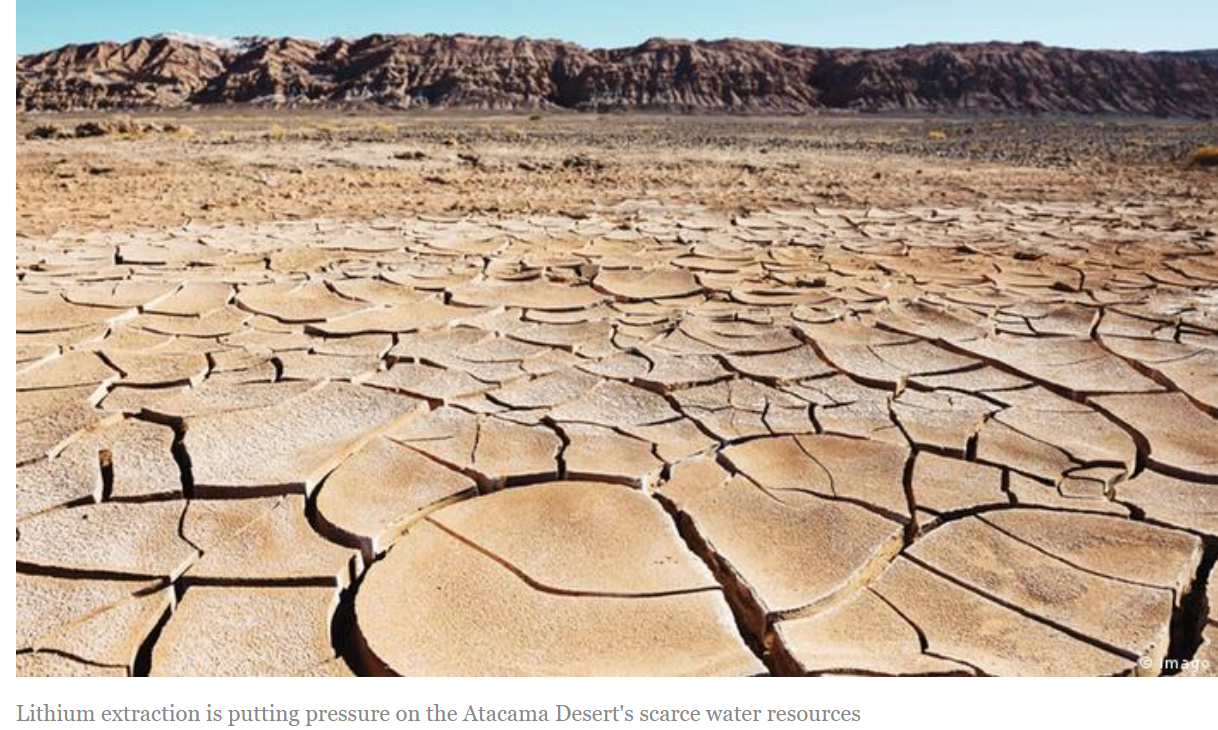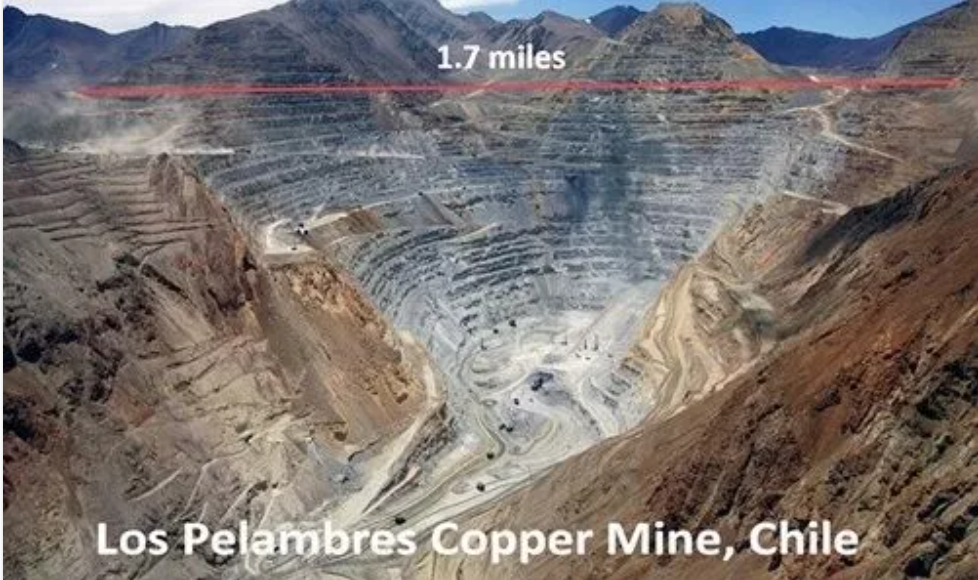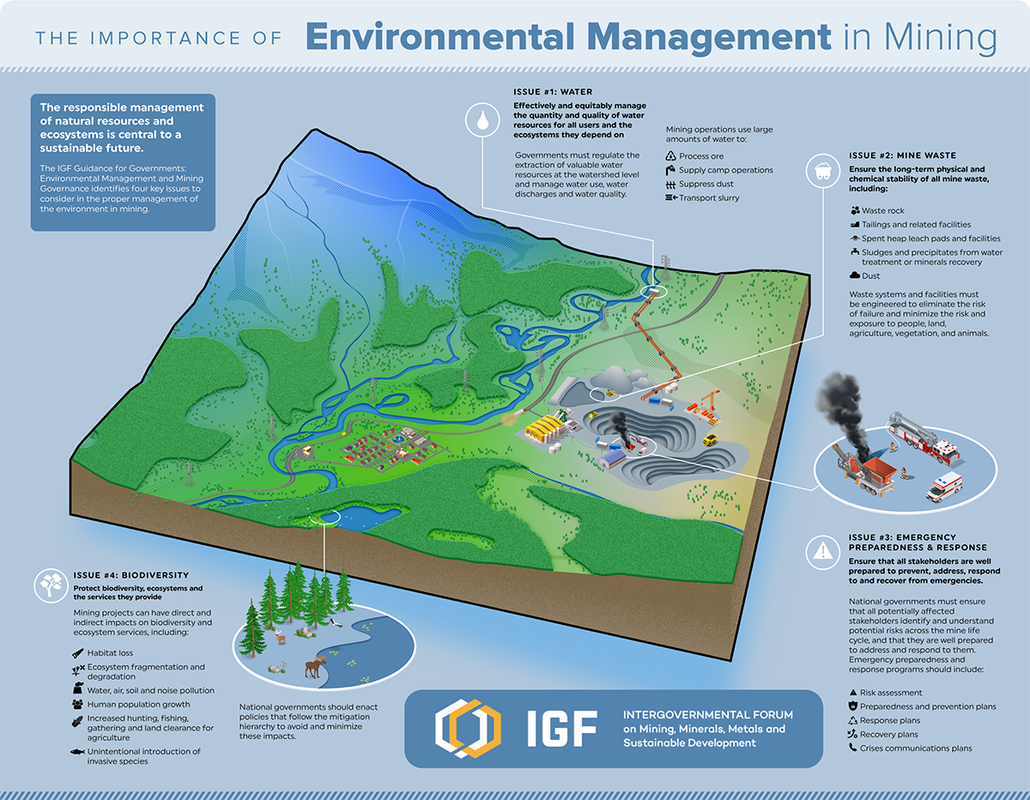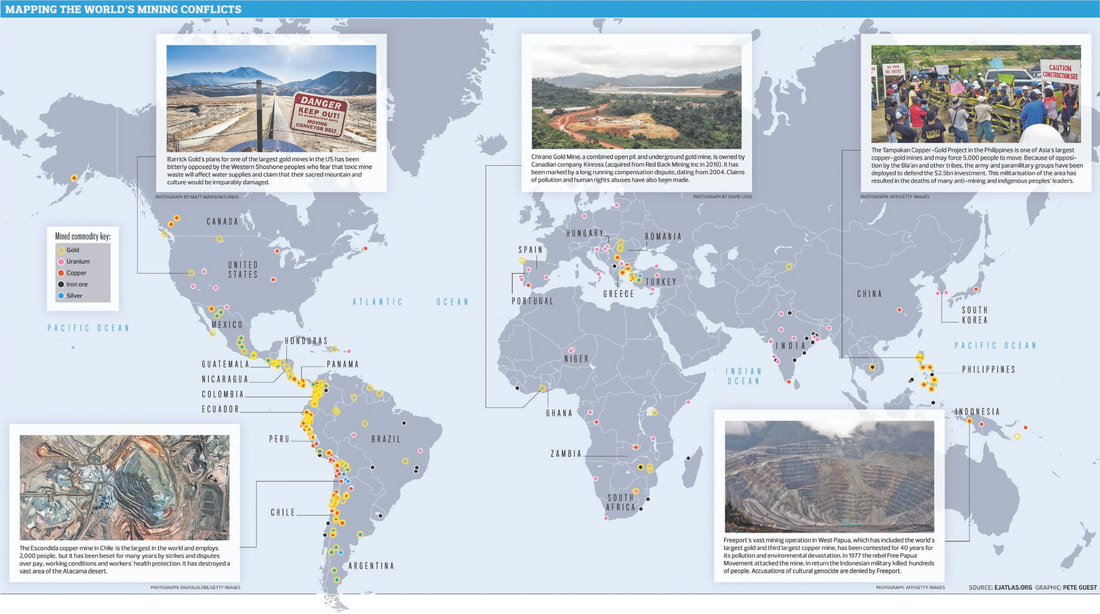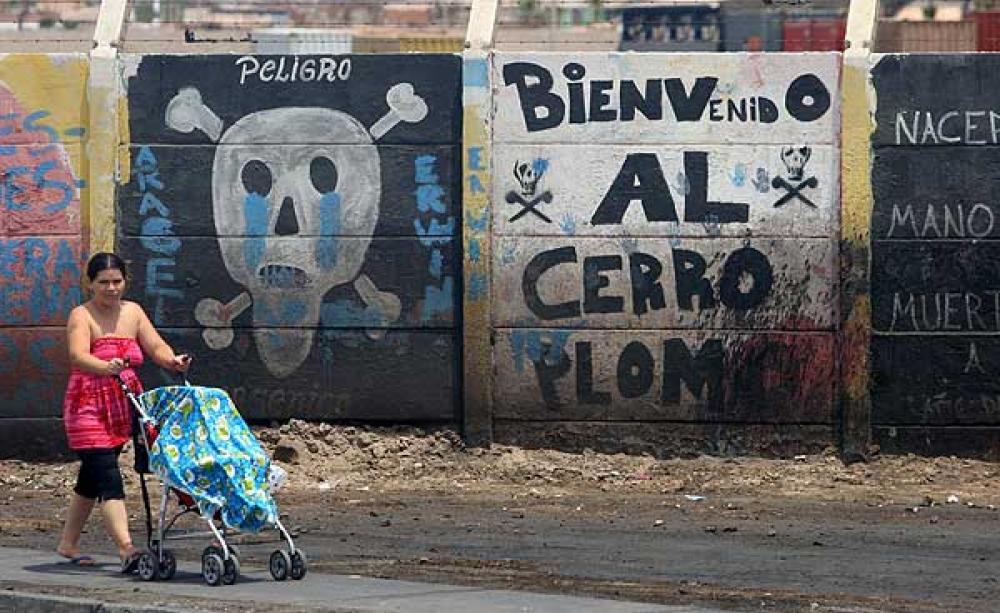02.06.2022
Chile: The Advance of the 742 Toxic Mountains
There are 742 tailings deposits in Chile, with toxic waste containing arsenic, lead, mercury, cyanide salts and chemicals produced in the process of mining accumulating to billions of tonnes. It is estimated that the equivalent to 2,572,263 tonnes of tailings are deposited every 30 hours. It is predicted that by 2026 more than 915 million tonnes will be produced a year, a 74% increase in the creation of tailings compared to 2014 which saw 525 million tonnes a year. These figures place the country as having the third most deposits of this kind in the world, after China and United States. Mining consists of the extraction of economically valuable minerals. This process requires separating minerals, chemicals and other compounds resulting from the process. Together these waste products are known as tailings material, and the infrastructure where they are discarded is known as a tailings deposit. For experts in mining, these structures present two concerns. The first is that there are construction failures which can produce collapses or overflows. The second concerns the chemical stability of the tailings, where acidification reactions need to be minimised and controlled, so that the compounds do not contaminate the surrounding environment. Both concerns are linked to the heavy metals contained in the tailings material, which can be damaging to people’s health and to the ecosystem. These gigantic toxic waste deposits contain arsenic, lead, mercury, cyanide salts and other chemicals produced in the process of mining, together weighing millions of tonnes. The consequences for human life and the environment caused by holding this contaminating material are incalculable.
Credit: NOW THIS
Credit: NOW THIS
Poverty deprives people of adequate education, health care and of life's most basic necessities- safe living conditions (including clean air and clean drinking water) and an adequate food supply. The developed (industrialized) countries today account for roughly 20 percent of the world's population but control about 80 percent of the world's wealth.
Poverty and pollution seem to operate in a vicious cycle that, so far, has been hard to break. Even in the developed nations, the gap between the rich and the poor is evident in their respective social and environmental conditions.
Poverty and pollution seem to operate in a vicious cycle that, so far, has been hard to break. Even in the developed nations, the gap between the rich and the poor is evident in their respective social and environmental conditions.
